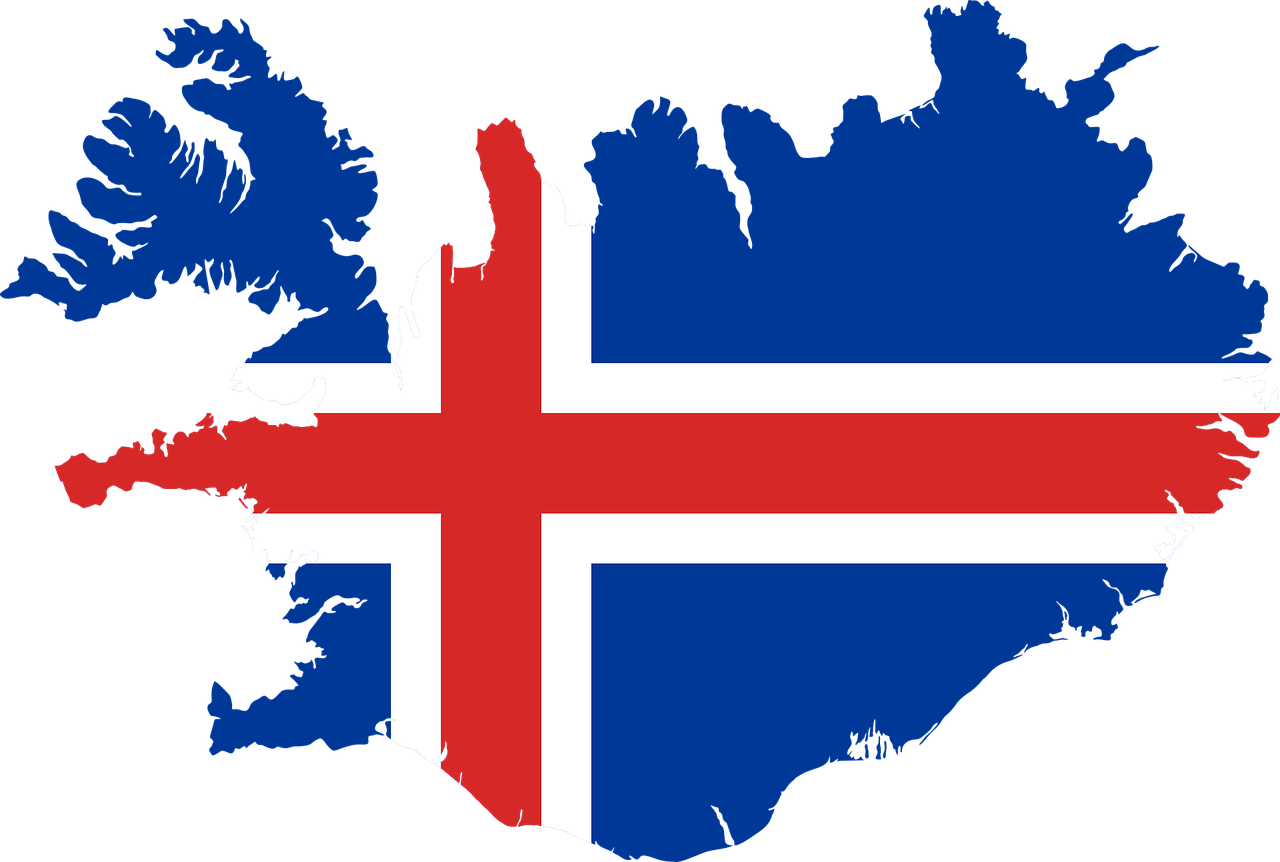One of the smallest countries in Europe, Iceland has long resisted the prospect of joining the European Union.
Fresh from knocking England out of the European Championships, Iceland’s experiences with the EU are of great use for those attempting to examine the future of the UK’s relationship with the EU having decided to leave the union.
Iceland is a member of the EEA (the European Economic Area), having announced in 2015 that it wished to drop its application to join the block. Iceland applied to join the EU after the global financial crisis, when it was thought that access to the firepower provided by the European Central Bank (ECB) could be of help in helping Iceland deal with its banking crisis.
However a eurosceptic government decided that it was not in Iceland’s best interests to join the EU and the country — which has bounced back from the global financial crisis — remains unlikely to join the club in Brussels.
A key reason for its refusal to join the EU is the desire to protect the country’s fishing industry, a major source of income for the tiny nation. Iceland is exempt from the EU’s fishing policies, which were cited by many communities in the UK as a source of economic hardship for areas that depend on fishing as their primary industry.
Critically, Iceland has managed to sign free trade agreements with China, an impressive feat for such a small country. Arguments with Brussels rage on as Iceland is still subject to many EU regulations, however the fact that polls suggest only a small minority of Icelanders wish to join the EU is a symptom of the comfort with the arrangement, which avoids the Nordic nation becoming embroiled in further political integration with the EU.
Iceland has not only beaten the UK in football, but could have a lot to teach Brits about what a successful nation operating outside the EU would look like.
